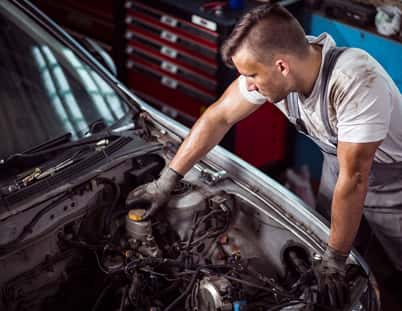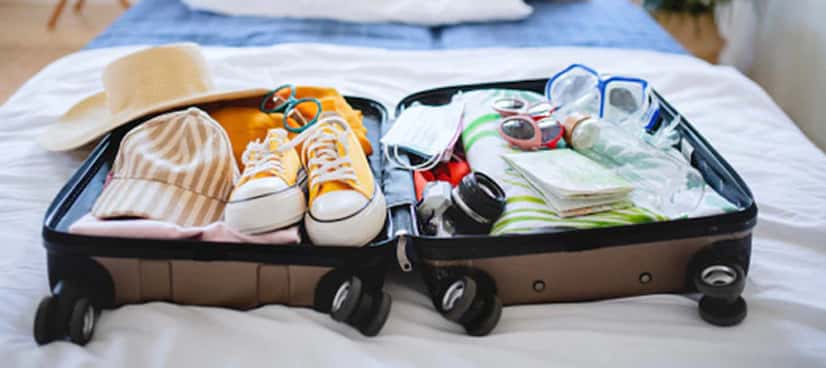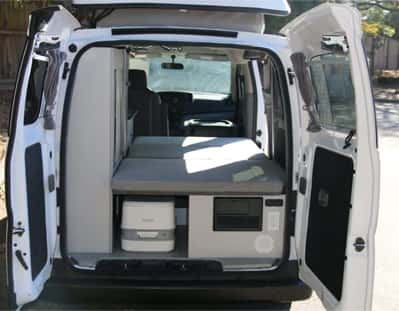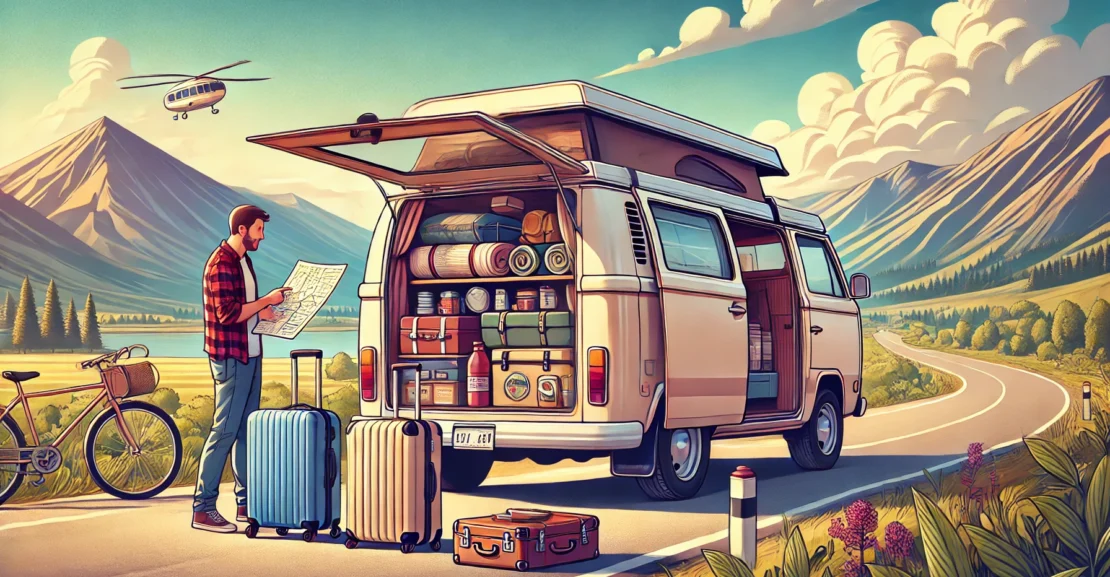Are you excited about your upcoming road trip adventure? Whether you’re planning a weekend getaway or a cross-country expedition, it’s essential to prepare your van properly to ensure a smooth and enjoyable journey. By following a few key steps, you can set yourself up for a comfortable and worry-free experience on the road. In this article, we’ll guide you through the process of preparing your van for a road trip, covering everything from vehicle inspection to safety precautions. So, let’s dive in!
Before hitting the road, it’s crucial to conduct a thorough inspection of your van to identify any potential issues. Here are some key areas to check:
Inspect the tire pressure, tread depth, and overall condition of your van’s tires. Make sure they are properly inflated and free from any visible signs of damage. Consider carrying a spare tire and the necessary tools for changing it.
Ensure that your brakes are in good working condition. If you notice any unusual noises, vibrations, or a soft brake pedal, it may be time for a brake inspection or replacement.
Check all exterior lights, including headlights, taillights, turn signals, and brake lights. Replace any burned-out bulbs to ensure optimal visibility and safety while driving.
Inspect and top up essential fluids such as engine oil, coolant, brake fluid, and windshield washer fluid. If any fluids appear dirty or low, consider getting a professional service before your trip.

Packing the right essentials is vital to ensure a comfortable and hassle-free road trip. Here’s a list of items you should include:
Pack appropriate clothing for the weather conditions you expect to encounter during your trip. Don’t forget comfortable sleepwear and bedding to ensure a good night’s rest.

If you plan to cook or prepare meals during your journey, pack essential kitchen supplies such as utensils, cookware, plates, cups, and a cooler to keep perishable items fresh.
If you’ll be camping along the way, bring camping gear like a tent, sleeping bags, camping chairs, and a portable stove. Remember to pack insect repellent, sunscreen, and a camping lantern.
Carry a basic toolkit with essential tools such as a wrench, screwdriver, and pliers. Keep spare parts like fuses, bulbs, and belts specific to your van model.
To make the most of your van’s interior space and ensure a comfortable living area, follow these tips:
Use storage containers, bins, and organizers to keep your belongings tidy and easily accessible. Utilize overhead compartments, under-bed storage, and vertical storage solutions.
Secure loose items by using bungee cords, cargo nets, or straps to prevent them from shifting while driving. This helps maintain order and reduces the risk of injury or damage.
Arrange your van’s interior in a way that maximizes comfort and functionality. Consider adding curtains or window shades for privacy, installing a small table for dining, and creating a cosy sleeping area.

Proper planning can greatly enhance your road trip experience. Here are some steps to consider:

Research and identify the destinations you want to visit along your route. Look for attractions, landmarks, national parks, and scenic routes that align with your interests.
Plan your stops and overnight stays in advance. Identify campgrounds, RV parks, or other accommodations along your route to ensure availability and make reservations if necessary.
Explore alternate routes that may offer scenic views or interesting detours. A bit of flexibility can add spontaneity and excitement to your journey.
Safety should be a top priority on any road trip. Take these precautions to ensure your well-being:
Pack a well-stocked first aid kit that includes bandages, antiseptic ointment, pain relievers, and any necessary medications. Familiarize yourself with basic first aid procedures.
If you’ll be using a portable gas stove or heating device inside your van, install a carbon monoxide detector for added safety. Carbon monoxide is a silent and potentially deadly gas.
Keep a list of emergency contacts readily available, including roadside assistance, local authorities, and family or friends who can be reached in case of an emergency.

Regular maintenance and addressing repairs promptly can prevent breakdowns and ensure a reliable journey. Consider these tips:

Follow the manufacturer’s recommendations for oil change intervals and get them done before your trip. Fresh oil keeps your engine running smoothly and improves fuel efficiency.
Inspect your van for any worn-out parts that may need replacement, such as belts, hoses, or filters. Taking care of these issues in advance can save you from unexpected breakdowns.
Maintain a logbook to track the maintenance and repairs you’ve performed on your van. This record will help you stay organized and provide valuable information for future reference.
1. How often should I check my tire pressure during a road trip?
It’s good practice to check your tire pressure at least once a week during a road trip. Changes in temperature and long hours of driving can affect tire pressure.
2. Can I use a regular household first aid kit for my road trip?
While a basic household first aid kit is better than nothing, it’s recommended to have a dedicated travel first aid kit that includes items specific to outdoor activities and minor injuries that may occur during your trip.
3. How do I find suitable campgrounds along my road trip route?
You can use various resources like camping guidebooks, online directories, and mobile apps specifically designed for finding campgrounds and RV parks. These resources provide information on amenities, availability, and user reviews.
4. Is it necessary to carry spare parts for my van?
Carrying some basic spare parts like fuses, bulbs, and belts specific to your van model can be helpful in case of minor breakdowns. It’s always better to be prepared.
5. Should I get my van serviced before a road trip even if it recently had maintenance?
Yes, it’s recommended to get your van serviced before a road trip, even if it recently had maintenance. A thorough inspection by a professional can catch any potential issues and give you peace of mind during your trip.


